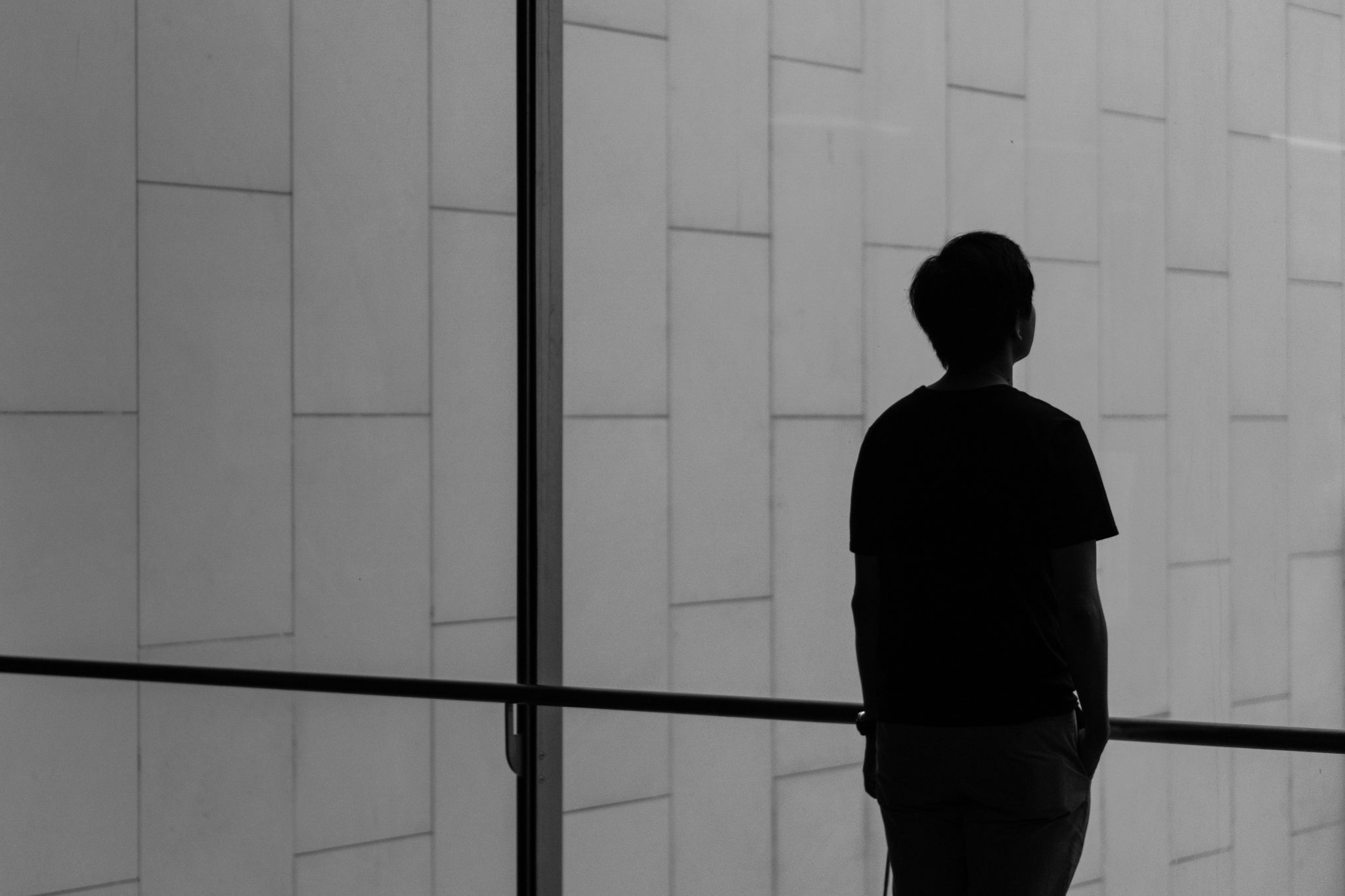Impact of the COVID-19 Lockdown on Domestic Violence in the UK
On 23 March 2020, the UK government announced a lockdown in an attempt to stop the spread of coronavirus. This has resulted in a restriction on people’s movements, only allowing travel for essential purposes, such as going to work, shopping for necessities, medical help and one form of exercise a day. Save for these instances, everyone is expected to stay at home. The underlying view is that the home is the safest place to be in the current climate, while the government tries to control the pandemic.
Sadly, the home is not a place of sanctuary for everyone. In some instances, staying at home may cause fear, oppression or even danger to life from one’s own partner, spouse or close family member.
Data from the government and major charities
Following the lockdown, there has been a surge of domestic violence incidents. The House of Commons library has published an insight – The Health Protection (Coronavirus, Restrictions) (England Regulations 2020) – which considers how staying at home could impact the people at risk of domestic abuse.
The publication further confirms evidence of increased incidents linked to domestic violence both globally (Brazil, Italy, Germany, China, India – Uttar Pradesh, who have launched a new domestic violence helpline as cases surge) and in the UK.
Refuge, the UK’s largest domestic abuse charity, has seen a vast increase in calls. On 6 April, the charity had an increase of 120% in calls to its helpline.
Impact of the Lockdown
It is therefore clear that during lockdown the risk of domestic violence will be even greater. Day in and day out, victims will be in close proximity with their abuser. There may be the added pressures of financial constraints, the inability to socialise, and the pressure of keeping children schooled and entertained.
Being confined together could result in tension even for previously stable and committed relationships, so imagine the impact on those relationships already characterised by toxicity, insecurity and instability. It’s the perfect catalyst to tip that relationship to the edge, paving the way for increased incidents of controlling or coercive behaviour and violence, or even threats of death.
The lockdown may also be deterring victims from seeking help, with additional fears of repercussions should the abuser overhear a phone call, or a lack of opportunity to reach out to someone when forced to be around their family all the time.
Furthermore, domestic violence will have an impact on the wellbeing and safety of the children of the family, both directly and indirectly.
What help is available for victims of domestic abuse?
During this difficult period, we can all help by looking out for our friends, colleagues, family members and neighbours. If you suspect any form of abuse occurring, then support can be given, by referring them to an appropriate support service or calling the police.
Free helplines and support
- Refuge – telephone: 08082000247
- Mens Advice Line – telephone 08088010327
- Galop, an LGBT+ domestic abuse service – telephone 0800 9995428 / email: help@galop.org.uk
- Respect, a helpline for men and women who are harming their partners – telephone 0808 8024040
- Karma Nirvana, a helpline for victims of honour-based abuse – telephone 0800 5999247 / email: support@karmanirvana.org.uk
- Bright Sky, a free mobile app by Hestia which provides support and information to anyone who may be in an abusive relationship
- Chayn, provides online help and resources in a number of languages about identifying manipulative situations.
Legal protection
There are two primary Court Orders that provide victims of domestic violence with legal protection from their abuser.
Non-Molestation Orders are granted in situations where someone fears for their safety. They prohibit the abuser from being violent towards the victim, and from intimidating, harassing or pestering them. Breaching the order can result in a fine or imprisonment.
An Occupation Order goes further in dictating who can and cannot live in the family home. Even in the lockdown period, the Court has the power to regulate who can and cannot live with the victim.
Both of these orders can be applied for on an emergency basis, and are still available to victims of domestic abuse in the COVID-19 lockdown. Making an application will result in a requirement to attend Court, which will be carried out remotely for the foreseeable future.
Specialist legal advice
Several of Richard Nelson LLP’s family solicitors are experienced in helping victims of domestic violence to obtain the necessary orders to ensure their safety. We can advise on emergency applications and make sure that you are prepared for a Court hearing.
You can get in touch today for a free and confidential initial phone call, or read our domestic violence service page for more information.


